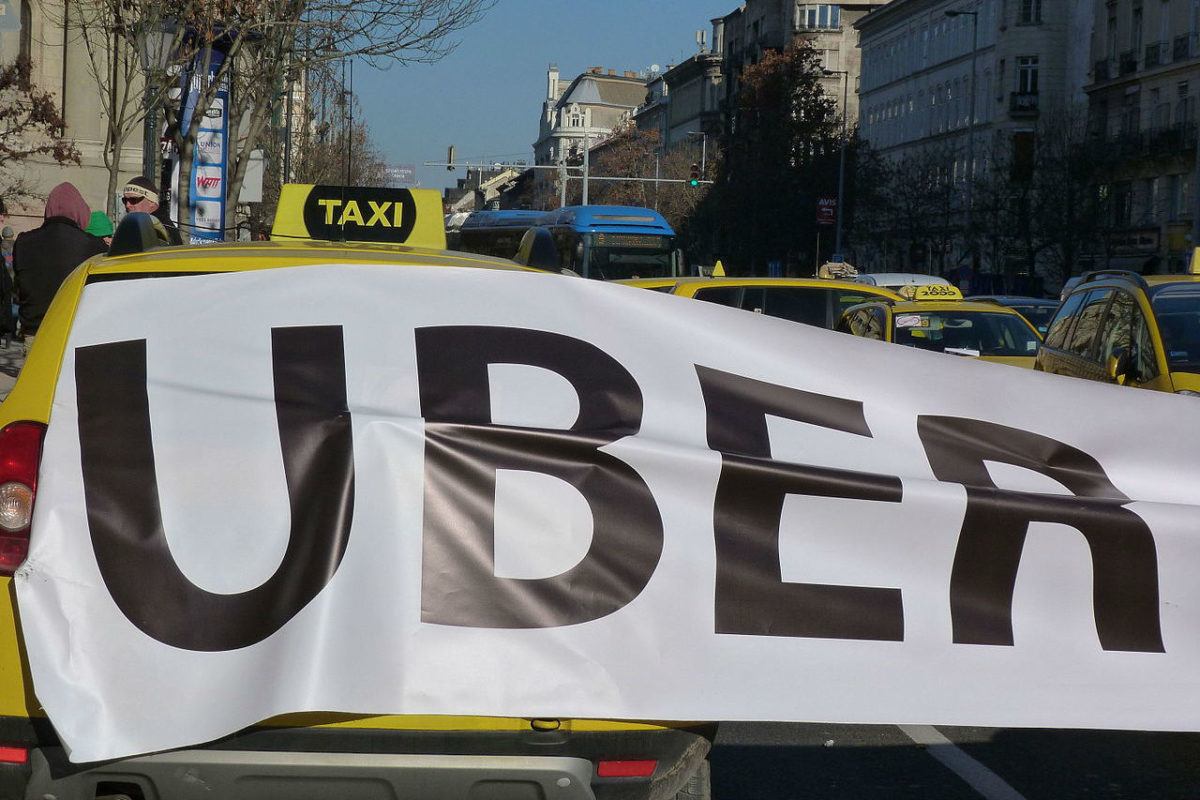At long last, the city has issued draft rules for how Uber and Lyft drivers can begin the process of forming a union. Little surprise, neither side of the debate is really happy with the city’s plan.
While the rules cover a lot of ground, the biggest point of contention is the threshold the rule sets for which drivers are qualified to vote in the unionizing process, both on the question of forming a union to begin with and then on questions of a contract: should it be everyone who’s downloaded the driver app, or only those who work six days a week driving for Uber? The rideshare companies want the bar set really low, since drivers who drive only occasionally will likely be more wary of forming a union; organizers want the bar set high, arguing that drivers who do the most work for the companies should have the most say in their working conditions. (Read Casey Jaywork’s full report on the issue here.)
At first blush, the city rules released Wednesday seem to come down on Uber and Lyft’s side of the debate. The draft rules propose that any driver who has made 52 trips over 90 days should qualify to vote. Were someone to only drive for Uber on weekends, they’d have to complete about four trips per weekend to hit the 52 trip figure.
“I’ve heard from drivers today, they say, ‘We do 20 to 30 trips every day,’” says Dawn Gearhart, with the Teamsters Union Local 117. “What the city is saying is if you do two days of work in 90 days, you get to participate.”
Gearhart says that, based on testimony from drivers, full-time Uber drivers can do 2,100 trips in 90 days, assuming a six-day workweek.
However, the rideshare companies aren’t acting like the victors here. They say the rules would still leave out too many drivers. Brooke Steger, Pacific Northwest General Manager with Uber, said in a statement: “Upon initial review, the City’s draft rules give a minority of drivers the ability to make decisions that could jeopardize work opportunities for thousands of Seattleites. Denying so many Uber drivers a vote effectively silences their voices and gives an entrenched special interest group undue power over the entire driver community.”
In a follow up email, spokesman Nathan Hambley said that the rules also require voting drivers to have been with the company for 90 days; this, he said by email, cuts out new drivers from getting “a vote on their future.”
Gearhart says Uber is just following a time-tested anti-union strategy, which aims to allow so many people to vote that it essentially silences those who are most affected by company policy. While she acknowledges many people do drive Uber for a little extra cash, it’s the people who drive for a living who should have the biggest say in wage and other working conditions, she says.
The city is writing the rules to comply with a city council ordinance that gave drivers a right to organize. While the ordinance passed unanimously, it was notably vague on important details, including who should count as an Uber driver when it comes to unionizing. Mayor Ed Murray did not sign the ordinance, and seemed to toss some extra shade at its inexact language in a press release.
“Though I continue to have reservations around the legislation that created this process, I believe in the drivers’ right to improve their working lives through collective bargaining,” said Murray. “I have fulfilled the executive’s responsibility to get the process started by developing these rules. However, I welcome council’s review of the proposed rules, and, should these rules not address their intent, request council provide legislation that more clearer lays out that intent.”
A public hearing on the rule will take place from 1:30-4:30 p.m. on Dec. 6 in the Bertha Knight Landes Room (Seattle City Hall, 600 Fourth Ave.).
dperson@seattleweekly.com








